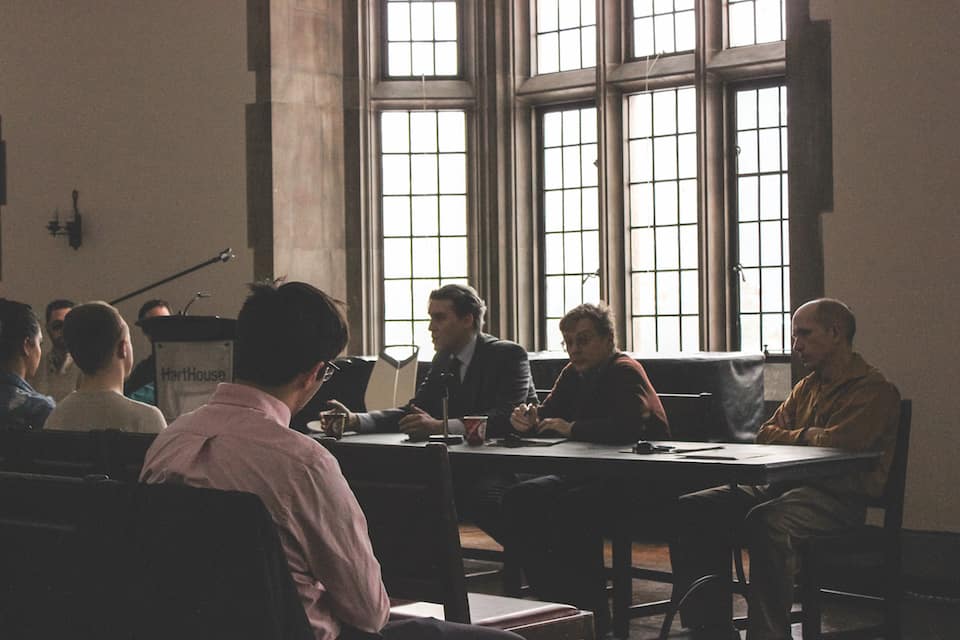Last Wednesday, the U of T Environmental Resource Network, COP21 UofT Students, and the University of Toronto Students’ Union (UTSU) Sustainability Commission hosted “What’s Next Canada?” a panel and roundtable discussion on COP21’s impact on environmental policy.
COP21 saw the leaders of 195 countries gather to develop a carbon emissions reduction plan that would keep global warming “well below” 2°C, with an intended target of 1.5°C. What resulted was the Paris Agreement, an accord.
Keith Stewart, climate and energy campaign coordinator for Greenpeace and panelist at Wednesday’s event said that, from a scientific perspective, the Paris Agreement “was a complete and utter disaster.” Studies have suggested that if all countries meet their carbon emissions targets — also known as intended nationally determined contributions (INDCs) — the global temperature will rise to about 3°C by the year 2100.
Stewart was not completely pessimistic. He noted that, from a political perspective, COP21 had the best possible outcome that could have been realistically expected.
Experts present at the panel said that the Paris climate talks boasted a level of transparency and cooperation around climate change unseen at previous COPs. Paris’ bottom-up approach to climate diplomacy resulted in participation across the board, and the agreement’s mandatory five-year cycles of INDC review should keep countries transparent and accountable.
“So part of what we learned going into Paris, was you actually need movements in countries that put pressure on politicians … so those governments can and will do more,” said Stewart.
Wednesday’s panelists all pushed the idea that COP21’s success were due to the collective efforts of society and will continue to be dependent on them.
“The history of environmental policy is that it comes from civil society,” said panelist Douglas MacDonald, professor at U of T’s School of the Environment. “If there is not the push, you won’t find the action coming out of either governments or business.”
Alice Zhu, UTSU sustainability commissioner, panel organizer, and third-year environmental chemistry student, said that environmental organizations and movements are needed to trigger political action in Canada.
“This is what this conference [What’s Next For Canada?] is all about. It’s about telling people that we need to pressure the Canadian government to increase our emission reduction targets,” Zhu said. “[R]ight now it is not adequate.”
Panelist Joy Kennedy, from the Commission on Justice and Peace, said that there has not been a concerted effort from academia toward tackling climate change; she argued that academia needs to implement climate change education across all of its disciplines.


